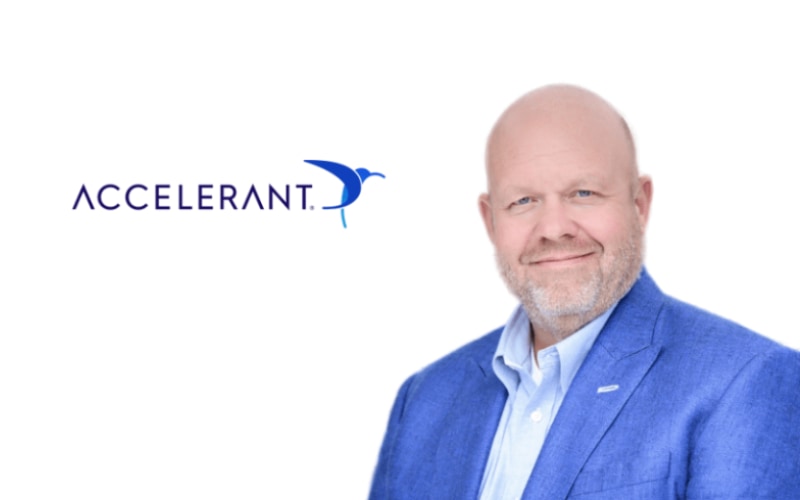Accelerant looks to reengineer specialty insurance amid market challenges: CEO Radke
Specialty insurance faces two key challenges, data loss due to a distended value chain and a lack of affordable and accessible technology, leading insurance service and data platform Accelerant to work to reengineer the business model, CEO Jeff Radke highlighted in an interview with Reinsurance News.
 Accelerant wants to simplify the specialty insurance value chain, which has historically been complex, lengthy, and fraught with inefficiencies, leading to higher costs and subpar experiences.
Accelerant wants to simplify the specialty insurance value chain, which has historically been complex, lengthy, and fraught with inefficiencies, leading to higher costs and subpar experiences.
For Radke, one of the biggest challenges specialty insurance faces is the loss of data due to a long value chain, where with every hop, information dies a little bit.
“The biggest challenge, without a doubt, is the distended value chain. There are too many hops, and information dies a little bit with every hop. So, if we start with the insured, who holds 100% of the risk information, every hop – retailer, wholesaler MGA, insurer, binder / broker, Syndicate – leads to a significant loss of crucial data.
“In the past this was not too problematic, because we didn’t get a lot of value out of that data. Often due to time constraints and primitive aggregation methods like Sanford Maps where pins on a wall managed your insured building in London or in New York. When you manage aggregations and other information at that basic a level, the loss of information is not that relevant.
“However, fast forward to 2025, where factors like the frequency of 999 calls in a particular neighbourhood can be a strong indicator of loss experience, when you’re being that refined in trying to get value out of that data, it’s really costly to have the data get trapped.”
Beyond data loss within technology systems, Radke argues that specialty insurance also faces the challenge of expensive and inflexible technology tools, which slow down product development and increase expenses.
Radke said: “Technology drives two problems, dilution of information and lack of quick, fast and affordable specialty products. How does Accelerant and the Risk Exchange try to manage that? By building a system where data is completely transparent; all parties have access to the same things at the same time, augmented with third-party data.
“Having solved the data issue, that additional data and our focus and modern tech stack allow us to produce speciality products very, very quickly. We usually average around 16 weeks from idea of the product to sale, significantly faster than the industry average, which is around 12 months, maybe a bit longer, I think.”
Accelerant looks to overcome these challenges and “reengineer” the specialty insurance model with their Risk Exchange platform.
Risk Exchange has been designed to provide a streamlined, data-driven approach that connects underwriters and risk capital partners and fosters data transparency throughout the value chain.
“I think we are on our way to reengineering the specialty insurance model,” Radke stated. “We’ve got a modern digital platform where over 500 specialty insurance products in over 22 countries are being transacted today, at incredibly high efficiency compared to the industry average for overhead costs.
“What did we mean by reengineering it, or revolutionising it? I think we’re taking it out of the typical value chain, where there’s all these handoffs and we’re putting it on a seamless platform that’s incredibly transparent, so that everyone can see the same thing at the same time. And by doing that, trust increases, which helps to increase the speed in a slow MGA market,” concluded Radke.


